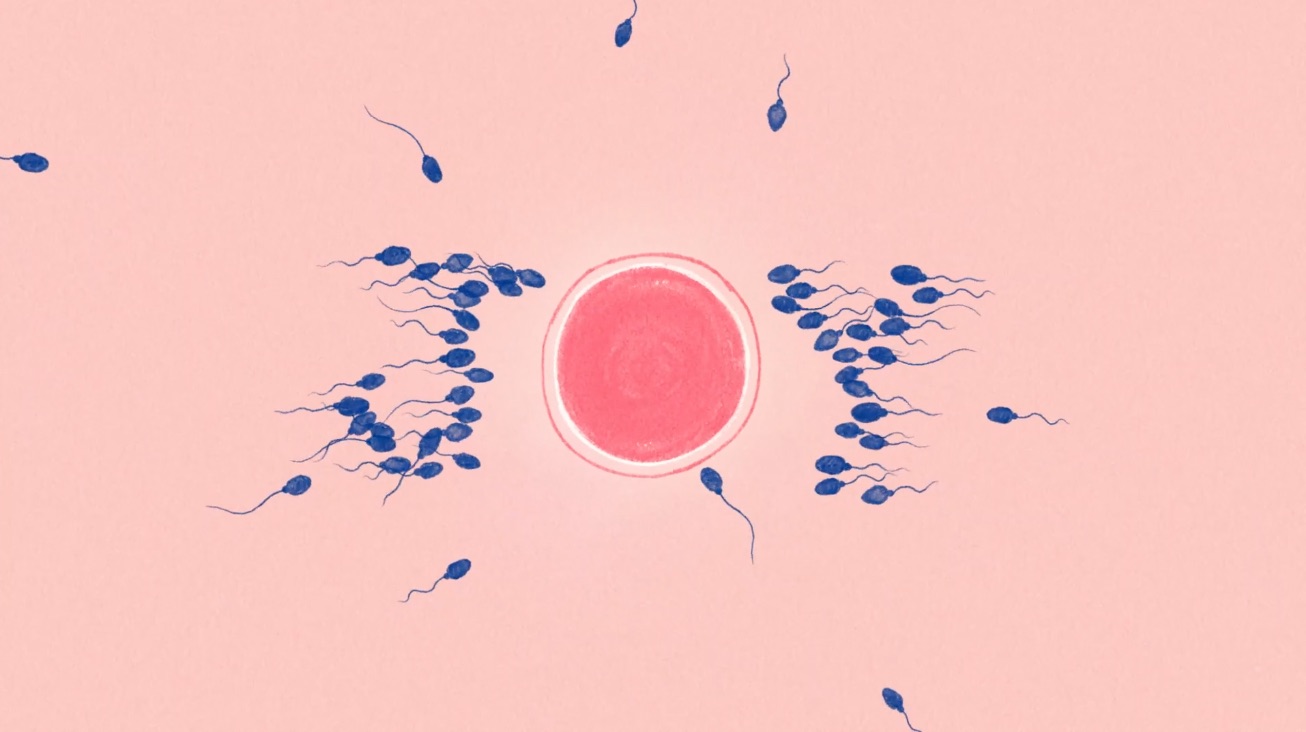In a move which may have gone largely unnoticed outside of feminist circles, last week the Scottish government launched a publicly funded advertisement campaign, targeting young women and men for egg and sperm donation.
Titled “Healthier Scotland”, the advert is part of an official campaign by the Scottish government on social media, radio and other channels, to drive up the numbers of egg and sperm donors. According to a previous government document, “supply does not meet demand”.
Disconcerting though it is to have an official campaign for what remains a contentious issue, there is something more troubling at play. The pastel-coloured adverts all feature words such as “love” and “hope”. Also present are phrases such as “give the gift of being parents”, “give the joy of starting a family” and “help bring joy to someone”. If one wishes to target young women reared as part of the “be kind” generation, this is the ideal language to use. Yet nowhere did any of the adverts list the side effects or risks associated with egg donation.
It isn’t widely known, but egg retrieval carries health risks, some of which can be severe. One of these, ovarian hyperstimulation syndrome (OHSS), can prove fatal. OHSS occurs when the ovaries develop too many follicles as they over-respond to the medication used to mature the eggs prior to retrieval. If this happens, fluid from the blood vessels can leak into the abdomen and, in some cases, into the space around the heart and lungs.
Mild OHSS in women having IVF treatment is quite common, usually affecting around a third of patients. Severe OHSS is rarer, but two women died in the UK following complications arising from the condition in 2005 and 2006. More usually, side effects of egg retrieval for women include vomiting, nausea and abdominal pain. Where the issue becomes more pernicious is that OHSS is more common in women aged under 30 — precisely the group targeted by these adverts.
Even setting aside the undeniably airbrushed advertising campaign, is this territory a government should be straying into? What the state permits, it promotes. Holyrood has apparently embraced egg donation as a social good, but how much thought has the Scottish Health Secretary, Michael Matheson, given to the wider implications these campaigns have for young women? Some may be worried that public money has been used to push a practice many people consider unethical; for others, there is concern over the risks for all women if our eggs come to be seen as something that others can ask us to give up or share out.
This campaign represents a clear departure from previous practice. It is not usual for governments, anywhere in the world, to advertise for egg donors. While fertility treatment has long been supported, for the state to be specifically targeting young women for their eggs is a new step. It behoves us all to pay attention to the consequences.











Join the discussion
Join like minded readers that support our journalism by becoming a paid subscriber
To join the discussion in the comments, become a paid subscriber.
Join like minded readers that support our journalism, read unlimited articles and enjoy other subscriber-only benefits.
Subscribe